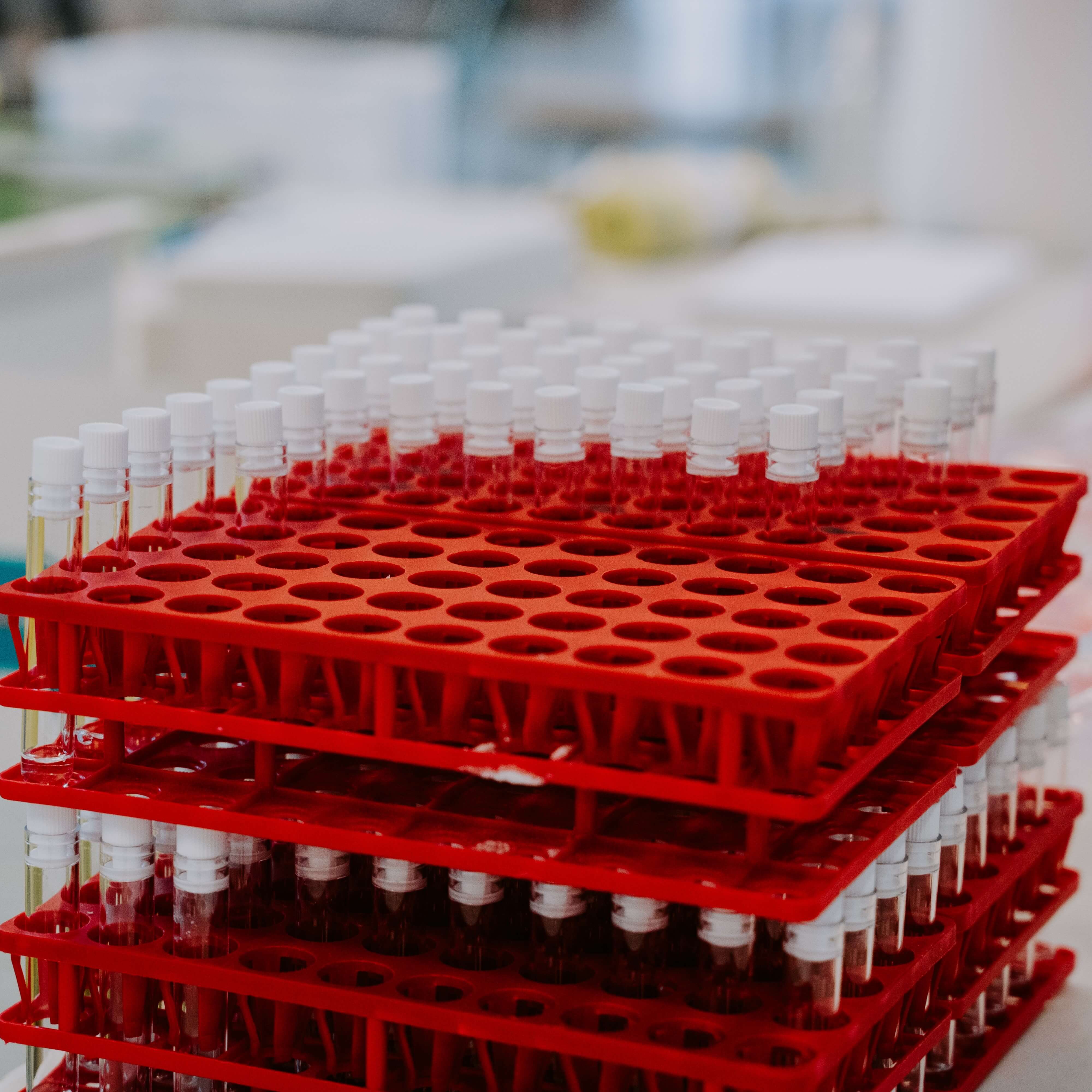
Is a NAAT Test the Same As a PCR Test?
It's well-known that a PCR test is way more sensitive yet less specific than an antigen test. Ever wondered if there is a third option with high sensitivity and specificity? A NAAT test is it!
People often ask, is NAAT the same as a PCR test? Well, it is possible to identify COVID-19 using PCR and NAAT testing, although there are some important distinctions between them.
A PCR test amplifies and identifies the genetic material of the virus. A NAAT test, however, searches for its specific genetic material. This article will examine these two tests as well as suggest when you need to take a nucleic acid amplification test. Let's jump in!
What Are Nucleic Acid Amplification Tests?

Nucleic acid amplification tests (NAATs) are laboratory tests that amplify certain genetic material, such as viral RNA, to identify its existence. Numerous illnesses, including viral infections like COVID-19, are diagnosed with NAATs.
Because NAATs are very sensitive and specific, they can accurately identify even minute quantities of viral genetic material. They are also rather quick, with results sometimes available in a matter of hours to a day. While some NAATs may be completed at home, others must be completed at a lab or medical facility.
However, NAATs have several drawbacks. They usually cost more compared to purchasing lateral flow tests, and need specialized tools and qualified workers to carry them. Additionally, NAATs can only identify the virus's existence; they cannot determine if a person is contagious or has antibodies.
What Do PCR and NAAT Tests Have in Common?
PCR (polymerase chain reaction) and NAAT (nucleic acid amplification test) tests are used to detect the presence of a specific genetic material, such as viral RNA, to diagnose viral infections such as COVID-19.
Medical professionals use enzymes and other reagents to amplify small amounts of genetic material to identify even trace levels of the virus. These tests are highly sensitive and specific, meaning they can detect even small amounts of viral genetic material with a high degree of accuracy. They are also relatively fast, with results often available within a few hours to a day. They are the most reliable tests for identifying COVID-19 and are regarded as the gold standard for detecting the presence of the virus.
In essence, the similarities between PCR and NAAT tests are that they both identify viral genetic material, have high sensitivity and specificity, and provide findings very rapidly. A NAAT test searches for particular genetic material, while a NAAT PCR test amplifies the genetic material to detect the virus.
The Main Difference Between PСR and NAAT Tests
Is the NAAT test the same as a PCR test? The short answer is NO.
The main difference between PCR and NAAT tests is the method used to detect the virus. A PCR test amplifies and detects the virus's genetic material, while a NAAT test looks for the specific genetic material of the virus.
PCR uses a process called a polymerase chain reaction, which amplifies the viral genetic material to detect it. In contrast, the NAAT test uses other techniques, such as transcription-mediated amplification (TMA) or loop-mediated isothermal amplification (LAMP), to detect the viral genetic material.
Another difference between PCR and NAAT tests is that some NAAT tests have been authorized for use at home, while PCR tests are typically done in the labs or healthcare settings.
Additionally, some NAAT tests can be done at the point-of-care, while PCR tests typically require specialized equipment and trained personnel. The choice of test will depend on the specific situation and the sample being tested.
When Should One Use a NAAT Test?
Doctors will often opt for a NAAT test when a high level of accuracy is required, such as in the diagnosis of COVID-19. They may also use this examination to detect other viral illnesses, including HIV, hepatitis B and C, influenza, and others. In some cases, the NAAT test also comes in handy in surveying outbreaks and can be used to observe the effectiveness of treatment.
NAAT tests are also useful when the infection is suspected but not confirmed, such as when an individual has symptoms of a viral infection but has tested negative for other types of tests, such as a FlowFlex rapid test.
Conclusion
We hope this article has helped you answer the question, is a PCR test a NAAT test? As you can see, both PCR and NAAT tests are used to detect the presence of a specific genetic material, such as viral RNA, to diagnose viral infections such as COVID-19.
Like the Healgen rapid Covid-19 antigen self-test, NAAT and PCR tests provide results quite fast and with a high degree of accuracy. However, while NAAT tests look for the particular genetic material of the virus, PCR amplifies and identifies the virus' genetic material. Understanding the similarities and differences between these two tests is important to make informed decisions about testing options.

